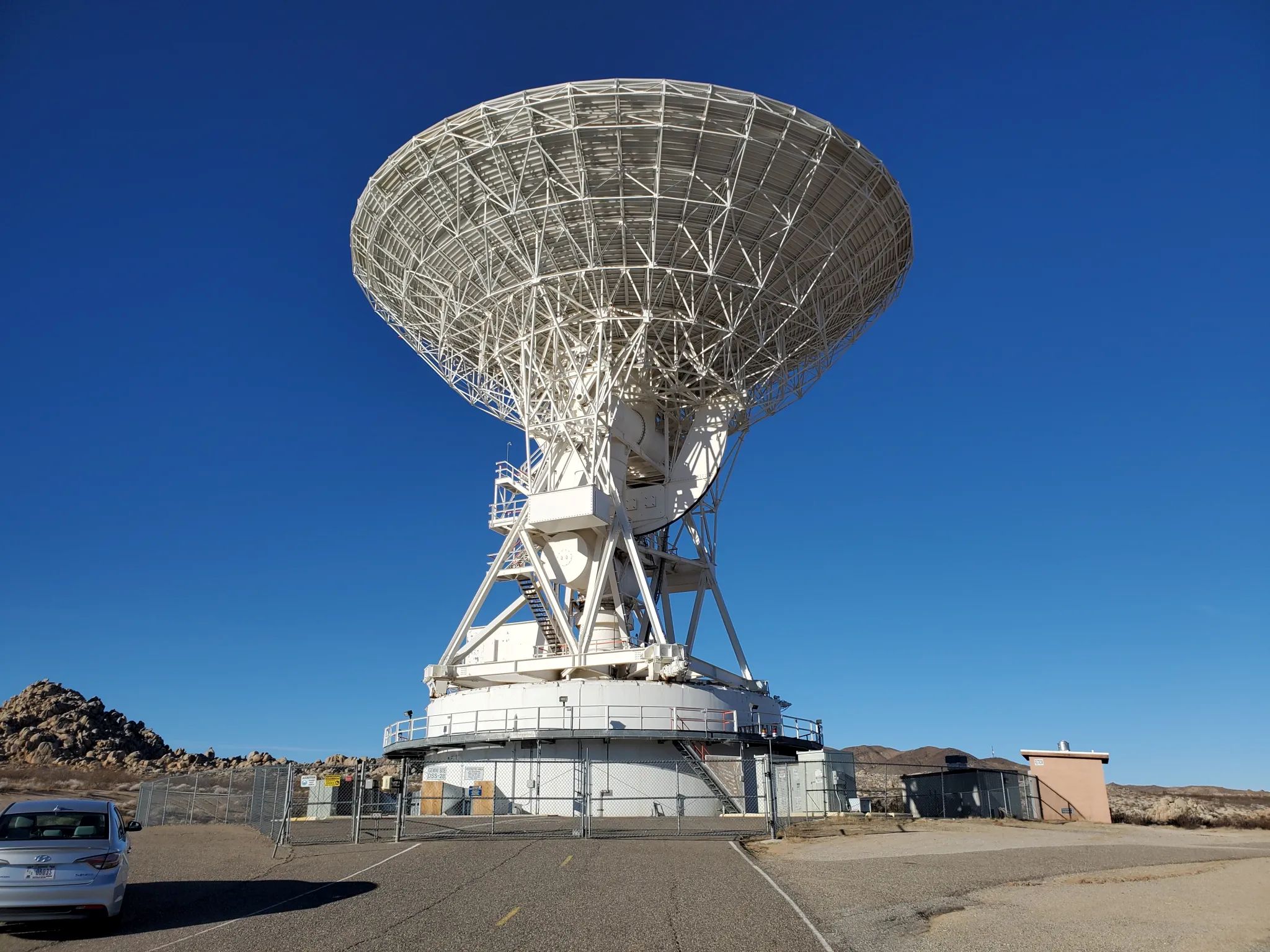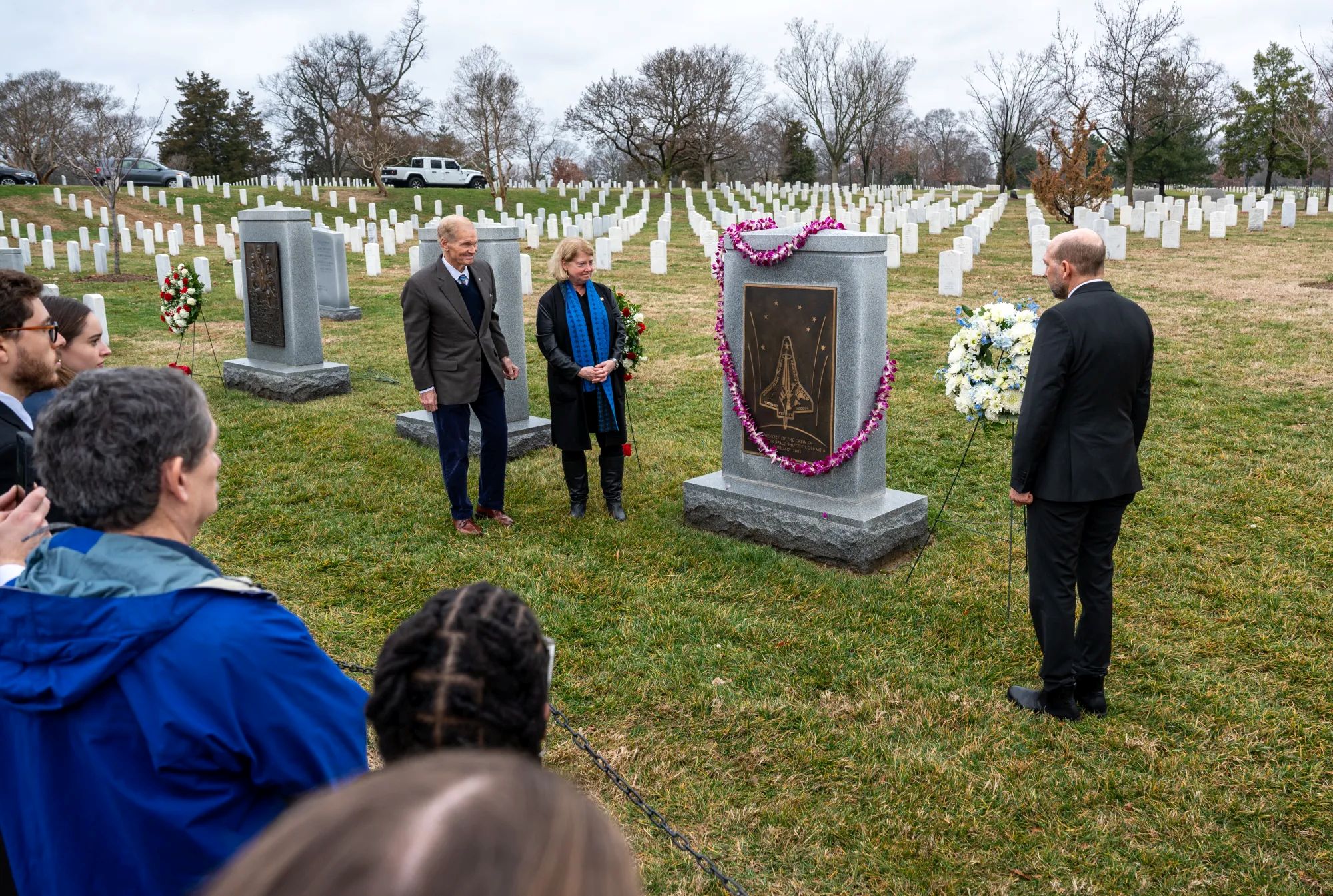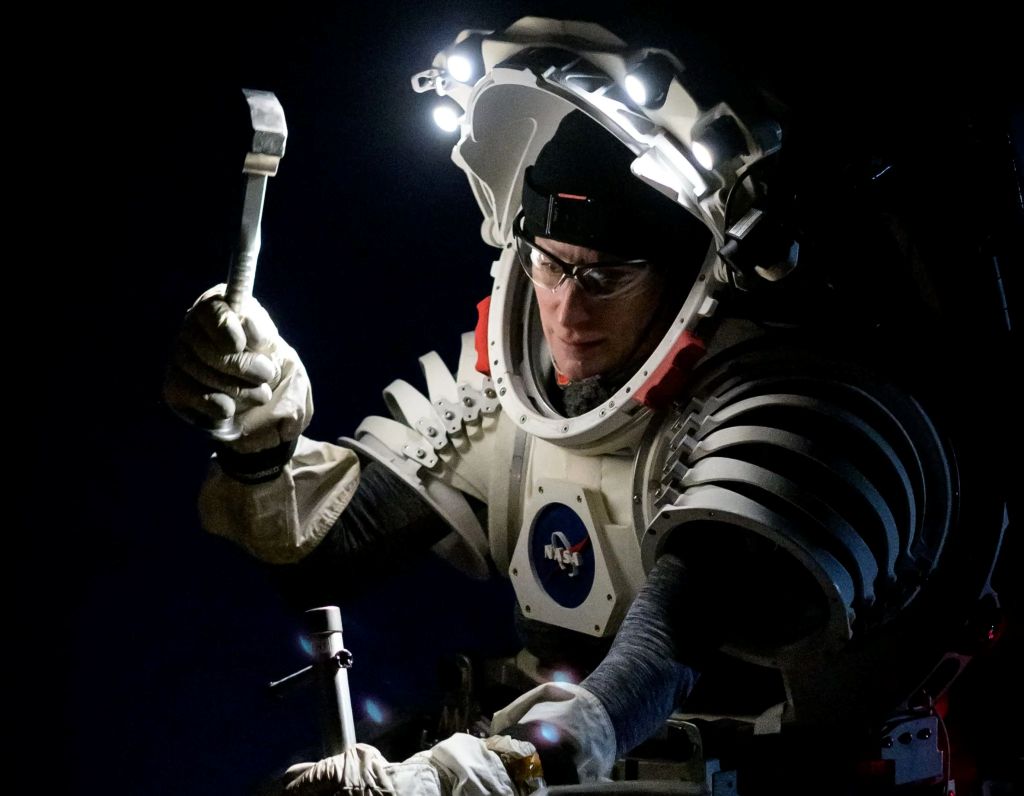NASA, Peru Agree to Study Potential Sounding Rocket Campaign
Lee esta nota de prensa en español aquí.
NASA and Peru’s National Commission for Aerospace Research and Development (CONIDA) laid the groundwork for a potential multi-year scientific rocket launch campaign in the South American country.
Both countries signed a non-binding memorandum of understanding Thursday that includes safety training, a joint feasibility study for the potential campaign, and technical assistance for CONIDA on sounding rocket launches. Sounding rockets are small, low-cost rockets that provide suborbital access to space.
“We are excited to look at the possibility of once again launching sounding rockets from Peru,” said NASA Administrator Bill Nelson, who signed on behalf of the United States. “This agreement deepens our international partnership with Peru and the scientific research we conduct because of the country’s location along the magnetic equator. Together we will go farther.”
Maj. Gen. Roberto Melgar Sheen, head of CONIDA, signed on behalf of Peru. Brian Nichols, assistant secretary for Western Hemisphere Affairs for the U.S. State Department, and Stephanie Syptak-Ramnath, U.S. ambassador to Peru, also participated, among other Peruvian officials. The event took place during the week of the Asia-Pacific Economic Cooperation forum beginning Nov. 9 in Lima.
During his visit to Peru, Nelson also discussed the importance of international partnerships and collaboration in space and celebrated Peru’s signing of the Artemis Accords earlier this year.
The United States and Peru have a long history of space cooperation. NASA conducted sounding rocket campaigns at CONIDA’s Punta Lobos launch base in 1975 and 1983.
NASA uses sounding rockets to carry scientific instruments into space on suborbital flights to collect important science data and test prototype instruments. They yield invaluable data that enhance our understanding of Earth’s atmosphere and weather, our solar system, and the universe, and test equipment for deeper space travel.
Understanding our Earth’s atmosphere and how it is influenced by the Sun is crucial to protecting ground and space-based assets that we rely on every day, from the power grid to weather data and even navigation.
For more information about NASA’s international partnerships, visit:





